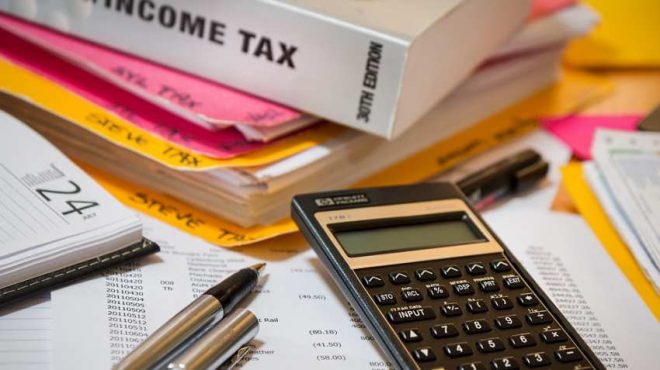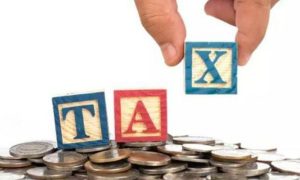The Central Board of Direct Taxes (CBDT) will be introducing a slew of major changes to the income tax from April 1 under the Income-tax (25th Amendment) Rule 2021. While the crypto taxation to be introduced from April 1 has been the prime point of concern among many, the government has also incorporated some changes in filing of updated returns, new tax rules on EPF interest, and tax relief on Covid-19 treatment.
EPF ACCOUNT
One of the major changes in the non-crypto sector includes the introduction of a cap of tax-free contributions up to Rs 2.5 lakh on the Employee Provident Fund (EPF) account.
CHANGES IN ITR
Another major change has been introduced to the income tax return. Now onwards, the taxpayers will have the flexibility to file an updated return for errors or mistakes made in income tax returns within two years from the end of the relevant assessment year.
Previously, one could get a window of just 5 months from the due date of filing returns, to revise the tax returns. However, one won’t be able to file an updated return to report any sort of additional loss or decrease in the tax liability.
This provision has been specifically introduced to provide an opportunity for those who missed or undisclosed income or faced any other error leading to less filing of tax in the original tax return.
Read More: Tax Loss Harvesting: What is it and how you can reduce Income Tax liability? Check calculation
MUTUAL FUNDS
Dividends earned from mutual funds or domestic firms will be put under tax brackets from now onwards. A high burden of tax will be levied on investors in higher tax brackets, while less burden will be put on those in lower tax brackets.
COVID TREATMENT
The amendment also includes provisions for state government employees, Covid affected families and differently-abled persons.
Special provisions of tax exemption will be available to Covid affected families too. There will be no tax levied on the money received up to Rs 10 lakh by the family members of the deceased, if they have received the amount within 12 months of the death.
Finally, if the guardians of such individuals buy an insurance scheme for them, they can also claim tax exemption under certain circumstances.
GOVERNMENT SERVICE EMPLOYEES
State government employees can also claim deduction under Section 80CCD(2) for NPS contribution by the employer up to 14 per cent of their basic salary and dearness allowance.
Read More: ITR filing last date: No refund, higher TDS likely if income taxpayers don’t file returns
CRYPTO TAX
Finally, the taxation on the digital assets including crypto currency has grabbed the maximum criticism from investors. Finance Minister, Nirmala Sitharaman announced during the Union Budget Session 2022 that a tax of flat 30 per cent will be levied on any gain made from the digital assets like crypto currency.
While the investors will be charged this way, there is also a taxation imposed on the receivers of the digital assets. The receiver who might have received digital assets as a gift may have to pay 1% TDS and gift tax under certain conditions.



































